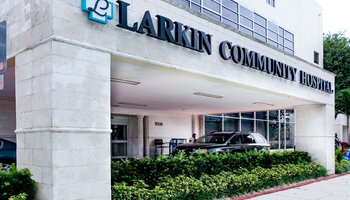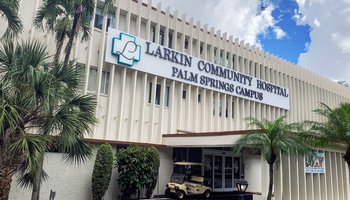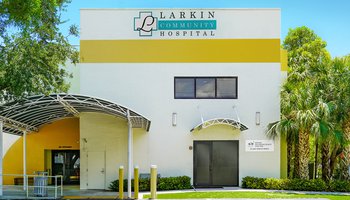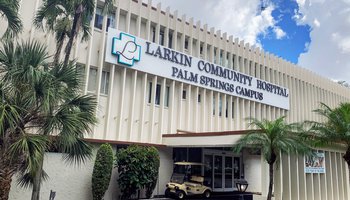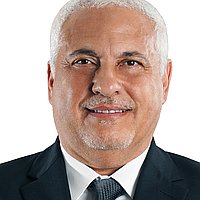A nuclear medicine exam is a safe and painless procedure that utilizes radioactive material to detect, diagnose and treat disease. It can identify abnormalities early in the progression of a disease, a time when a more successful treatment may be possible.
Nuclear medicine differs from the other exams, such as X-ray, CT, or MRI, because it takes images of organ function, rather than just the anatomy. This means that it can show how an organ is working, not simply what it looks like. This allows us to monitor cancer and study the activity of many organs, including the thyroid, heart, stomach, and kidneys.
Nuclear medicine is also well known for imaging the bones and joints to detect abnormalities, including trauma, fractures, arthritis, or tumors.
